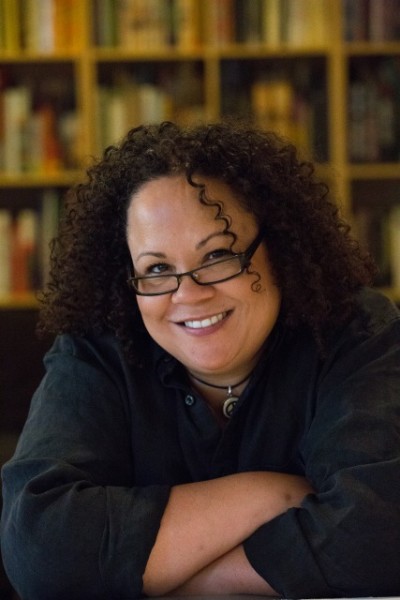When Julie Lythcott-Haims was dean of freshmen at Stanford, she saw troubling behavior from some of the most accomplished students in the country. Students would involve their parents — and parents would involve themselves — in every aspect of the student’s life and school work at a time when these young adults were supposed to exercise greater independence.
“Parents seemed to feel a need to talk with their college student, inform them about something, check in about something, know their whereabouts, ask, ‘How did that quiz go?’” said Lythcott-Haims. Sometimes the constant checking-in even seemed to verge on the unethical.
This parental behavior doesn’t start when kids head off to college, it begins long before: there’s the excessive help with school assignments and fighting with teachers over every grade. For many parents this type of advocacy feels necessary to ensure their child’s success, but Lythcott-Haims says normalizing over-parenting can lead young adults to experience an “existential impotence.” They end up feeling incapable of handling life’s challenges on their own.
On the latest episode of the MindShift Podcast, we discuss the tension between the parental need to help children get ahead in life, and the unintended consequences of those good intentions. In a hyper-competitive world, how do parents strike the right balance?
Listen on Apple Podcasts, Google Play, Stitcher, NPR One, Spotifyor wherever you get your podcasts.

Julie Lythcott-Haims is the author of How to Raise an Adult: Break Free of the Overparenting Trap and Prepare Your Kid for Success and Real American: A Memoir.


